Power & Equity Challenge Online
Starts February 20th Registration is open!
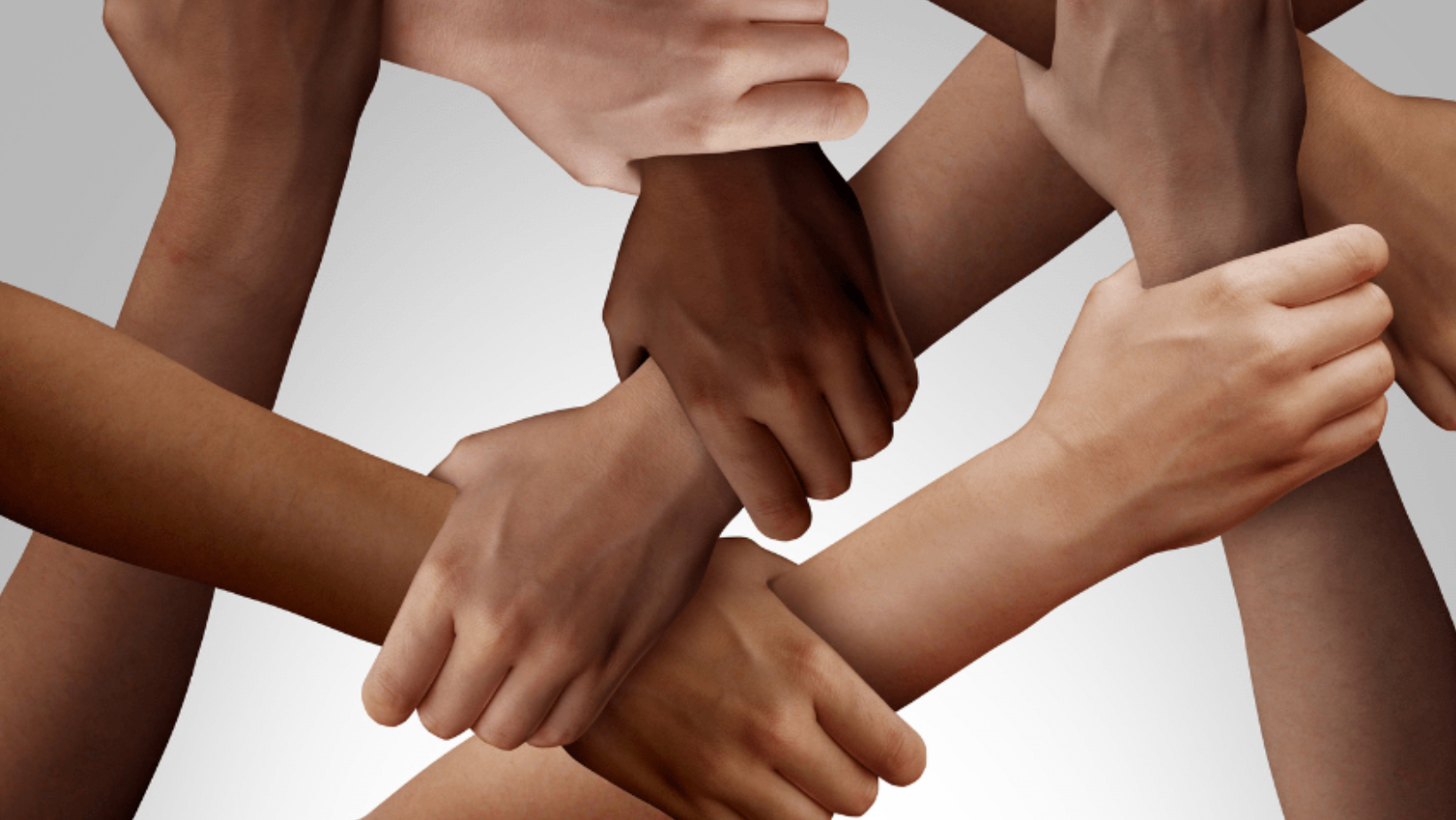
The Power and Equity Challenge Online is a 12-week Online, Live Training Program.
This is one of our specialized, advanced training designed for those who have attended the Right Use of Power™ Basics & Core Trainings and want to develop their power-and-equity consciousness with a deep dive into status, collective, and systemic power. This training qualifies as a pre-requisite for the Right Use of Power™ Certification Program.

You will have the opportunity to develop deep connections with other participants as well as have a renewed sense of your own power. The intention is to deepen your roots of personal power so that you can navigate power differentials and better access, develop, and sustain collective power.
What Is Power-And-Equity Consciousness?
Power-and-Equity Consciousness (PEC) is a term refers to the state of awareness of social power dynamics, like those in interpersonal power differentials as well as collective and systemic power, that influence equity in relationship.
Why Do We Need To Develop Our PEC?
Power is present in every relationship. As your PEC develops, you are more capable of seeing power dynamics as they occur, inequities that show up in those power dynamics, and deciphering your responsibilities and vulnerabilities within your relationships.
When you have a framework for understanding power dynamics, the language to talk about it, and the skills to navigate it, you are better resourced for creating and maintaining relationships across difference.
The Schedule
August 29 - November 14, 2024: Every Thursday from 10am - 12pm MST
Weeks 1 & 2
August 29th & September 5th
Building Community
The first two weeks are dedicated to connection: to ourselves, one another and to the lands we occupy. We will share story, build our collective narrative and honor the land that holds us. Dr. Martin Luther King, Jr. said, "Our goal is to create a beloved community and this will require a qualitative change in our souls as well as a quantitative change in our lives.” This challenge is designed to help build Beloved Community where there is mutual belonging, collective care and active responsibility.
Weeks 3 & 4
September 12th & 19th
Cultivating Personal Power
Often we can feel powerless when it comes to navigating relationships with difference. After this training, you will not only know what power you do have, but also how to use that power in ways that can empower others. Knowing your power and the accompanying responsibilities and vulnerabilities that come with it is empowering for you, can minimize harm (misuses/abuses of power), and empowers others.
Weeks 5 & 6
September 26th & October 3rd
Self-Care & Collective Care
We know from our Right Use of Power training that self-care is an ethical imperative. This retreat will create space not only for us to care for ourselves but also the space and support for caring for each other. We will learn what it means to cultivate a practice of collective care and we will take a deeper look at how we care for ourselves. You will leave with a self-care and collective care plan that you can use in your life and communities.
Weeks 7 & 8
October 10th & 17th
Navigating Power Differentials
With the understanding of systemic power, we able to better understand and prepare for the complex power dynamics present in every interpersonal relationship. We'll look at the responsibilities and vulnerabilities in each part of the power differential and address the particular challenges in relationships across differences in power.
Weeks 9 & 10
October 24th & 31st
Accountability in Relationship
As we get into the nuance and complexities of power differential relationships, we'll notice that responsibility - and the lack thereof - is a central determinant for how power gets used. We will look at the myths and norms of responsibility present in dominant culture and then start to learn a "power with" approach to accountability.
Weeks 11 & 12
November 7th & 14th
Collective Power
Collective Power is the only type of power that can shift systemic power. This session explores the different types of collective power, how collective power forms, can be sustainable and ultimately shift systems.
The Facilitators
We are excited to introduce our team of facilitators who are rooted in a Right Use of Power lens and have a great deal of wisdom, experience, skill and passion in the learning session topics.
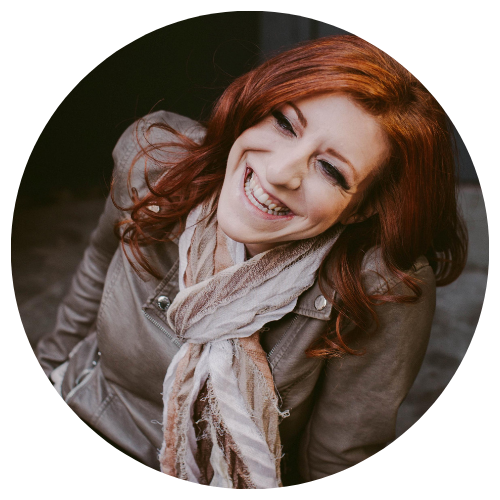
Dr. Amanda Aguilera
she/her/ella
Amanda is a consultant and facilitator in the area of power-and-equity consciousness and conflict resolution. Driven by her core values of curiosity, courage, and connection, Amanda is adept at putting things together in new ways, creating visuals that help make learning more accessible, and communicating complex ideas in simple ways.
Amanda has a commitment to be courageous in the service of reducing and repairing harm in relationship and promoting the cultural shift toward power-and-equity consciousness, conflict positivity and conflict competency.
At the core of her academic and personal passion is the advancement in understanding social power dynamics and deepening the personal and collective uses of power in the world with wisdom and compassion.
Her doctoral dissertation focused on the dynamics of shame and power in the justice system and she continues to develop theoretical models in the intrapersonal and interpersonal experiences of power dynamics, including the integration of neurobiology, contemplative practices and restorative practices as they relate to power differentials.

Dr. Cedar Barstow
she/her
Cedar is the Founder of the Right Use of Power Institute as well as a consultant and teacher on ethics and ethical issues. She has been designing, developing, and teaching this approach since 1994. Cedar’s background includes 30 years as a psychotherapist and 25 years as a teacher.
She is the author of books and articles on ethics, counseling with elders, women and independence, and psychotherapy and spirituality. Cedar is also a Hakomi Experiential Psychology Trainer and a member of the Naropa University Adjunct Faculty.
She maintains a private psychotherapy and ethics consulting practice in Boulder/Denver and teaches both Right Use of Power™ and Hakomi nationally and internationally.
The Right Use of Power™ educational materials and exercises were developed by Cedar over a period of 20 years and dozens of trainings.
These teachings have been influenced by many sources in Cedar’s background. She is particularly grateful for her extensive experiences as an administrator, therapist, and trainer of the the Hakomi Method of Experiential Psychotherapy, chair of both the Hakomi Institute International Ethics Committee (HIEC) and the United States Association of Body Psychotherapy (USABP) Ethics Committee, ethics expert contributor to GoodTherapy.org, consultant to numerous organizations, and ceremonialist with the Earth Song Ceremonial Dance Community.
Learn more about Cedar’s additional contributions to the world on her website, www.CedarBarstow.com.
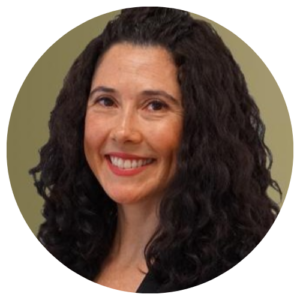
Veronica Borgonovi
she/her
Veronica (she/her) is a seasoned organizational and project leader, manager, mentor, and coach, with experience supporting over 40 client projects in management and social sector consulting across multiple countries. She continues to guide a multi-year effort to transform organizational culture around equity and inclusion across multiple geographies, and is experienced in strategy development, evaluation and learning, facilitation, and multi-stakeholder collaboration.

Michelle Cottingham
she/her
Michelle is a multi-faceted entrepreneur, trained professional speaker, experienced teacher, presenter, and activist with an extensive professional background in the real estate industry.
Since 2015 she has created curricula and guided hundreds of professionals through coursework about personal identity, collective and community identity, intersectional feminism, and the complex topics of race, color, national origin, sex, sexual orientation, gender identity, disability, familial status, agency, systems of land ownership, and the history of the formation and current cultural state of the USA.
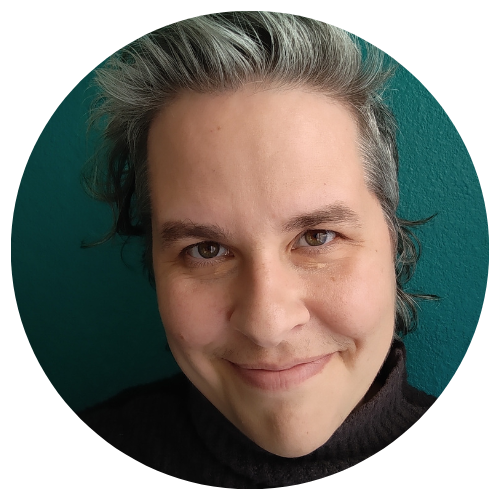
Dau Windwater
they/them
Dau is a contemplative practitioner, systems thinker, and lover of the living world. They bring pragmatism from a past career in bookkeeping and a big heart from their deeper interest in community and belonging. Through Dau’s work, they foster the awareness and exploration of power and paradox in order to empower and encourage multicultural understanding. As a facilitator, their style is infused with ritual, reflection, and space to experience the relationship between our inner and outer landscapes.
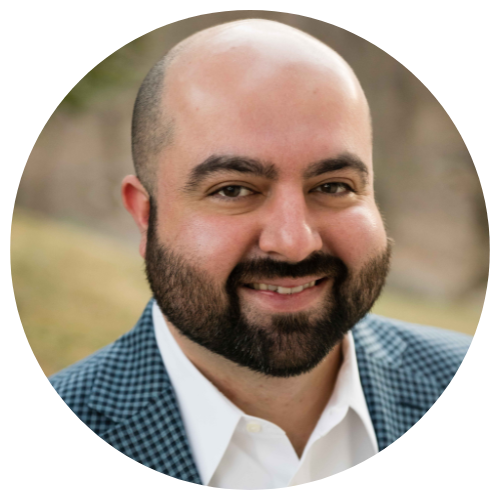
Farzin Farzad
he/him
Farzin is an Organizational Justice practitioner with experience in higher education, local government, and the private sector. Holding two master’s degrees in international affairs and diplomacy as well as a certificate in conflict resolution skills, Farzin leverages his unique academic background, extensive travel experience, and experiential knowledge to provide comprehensive, thought-provoking local and global approaches to his work.
Farzin is the founder of Critical Equity Consulting, LLC, a boutique Organizational Justice consulting firm focused on helping organizations rebuild with a primary focus on creating equitable outcomes.
Ready to Go Deeper?
Click on the button to register. We hope to see you there!
